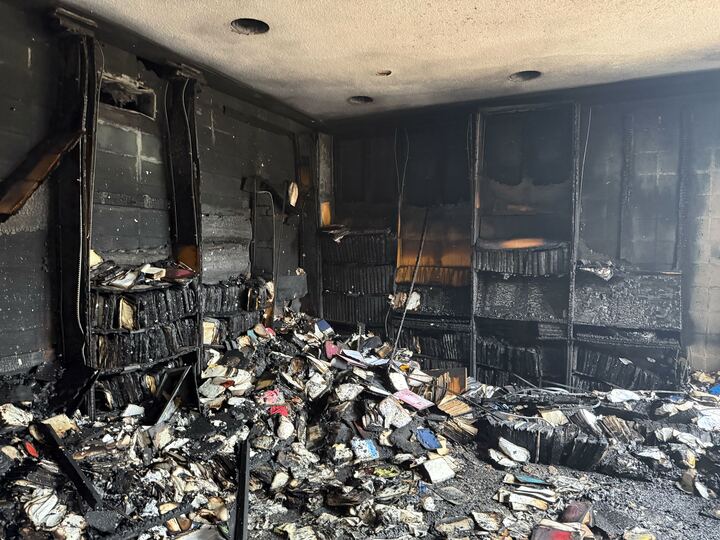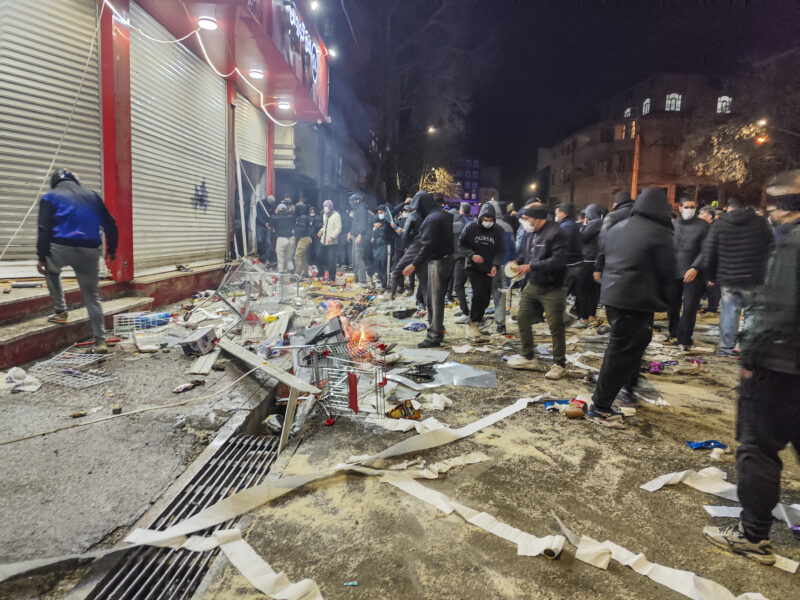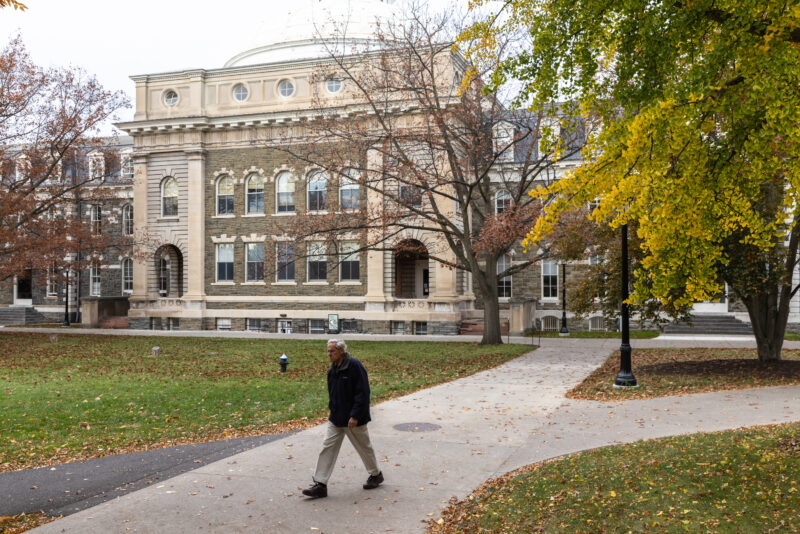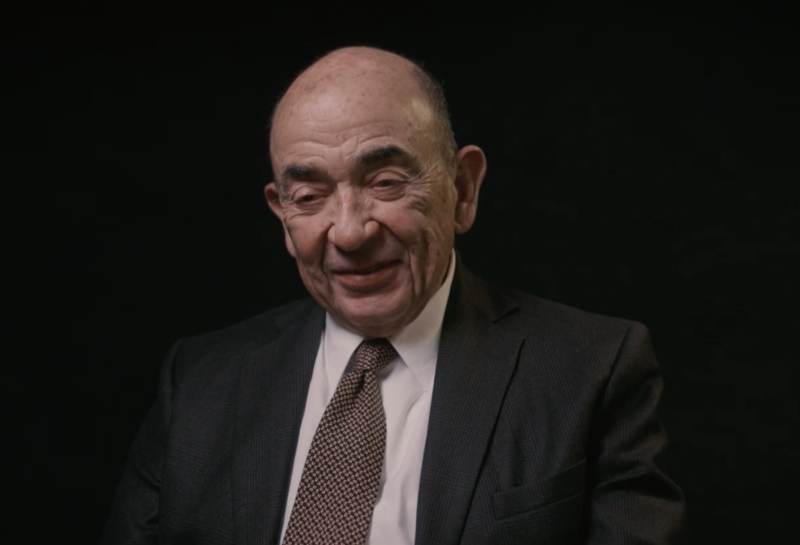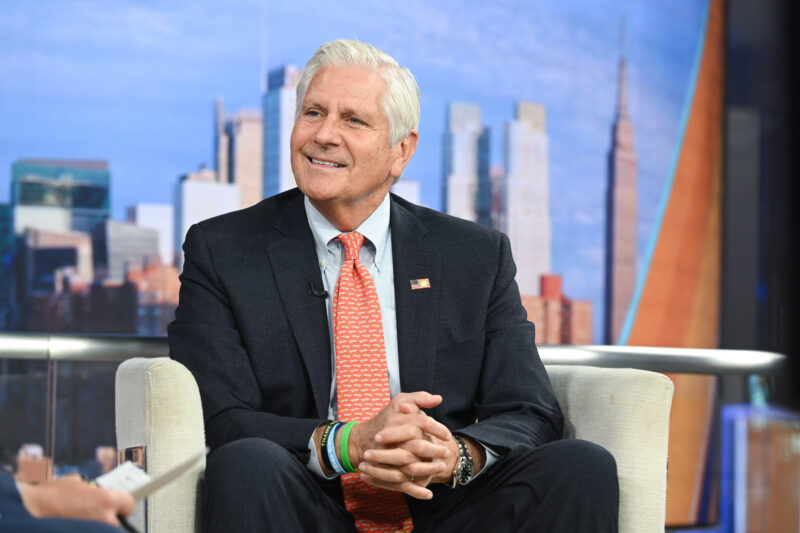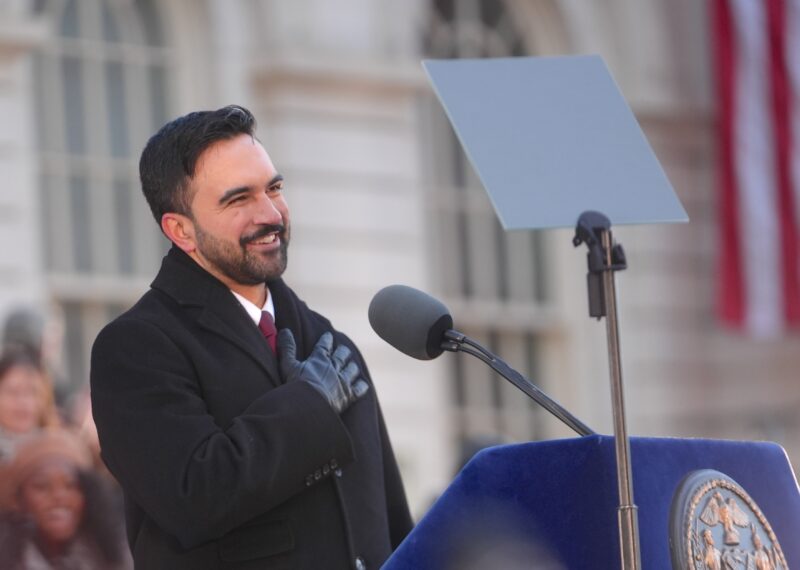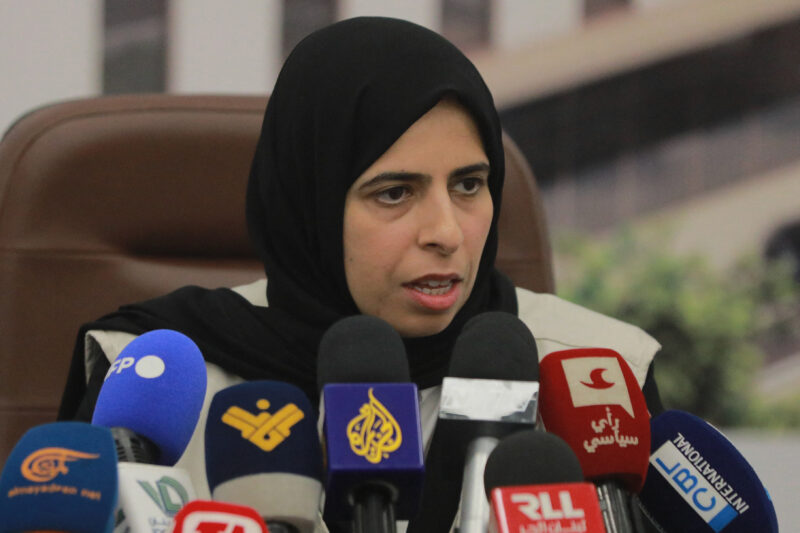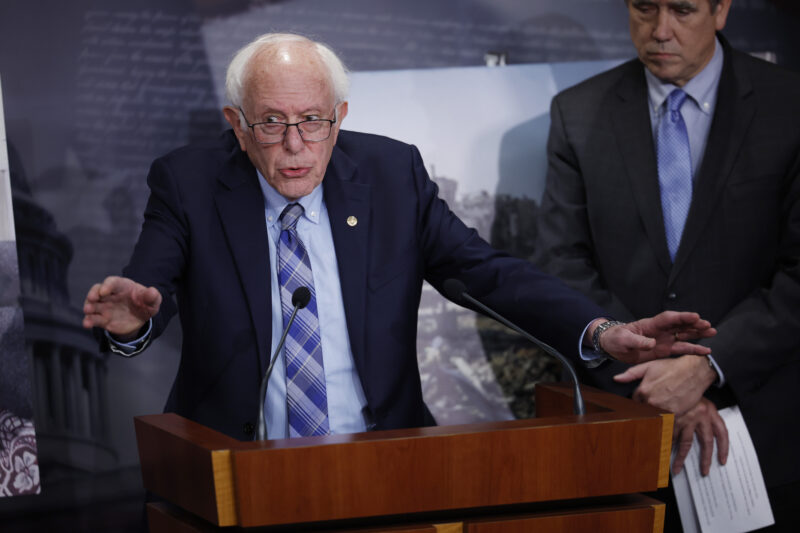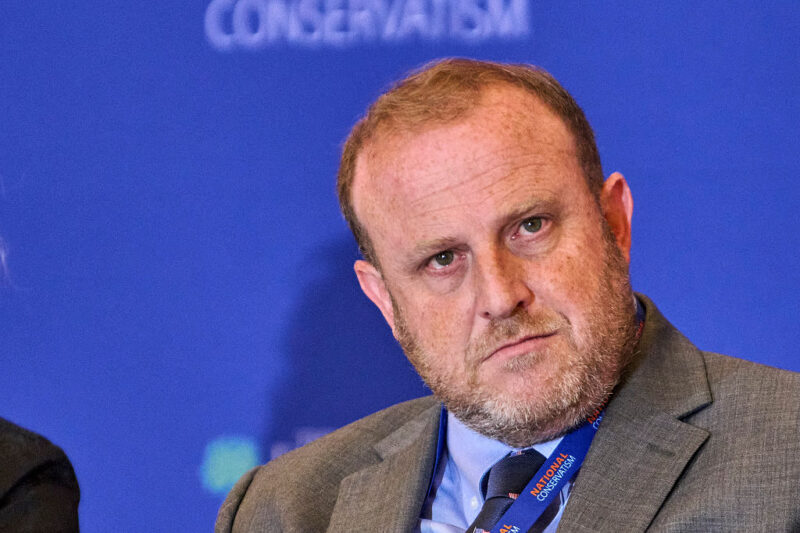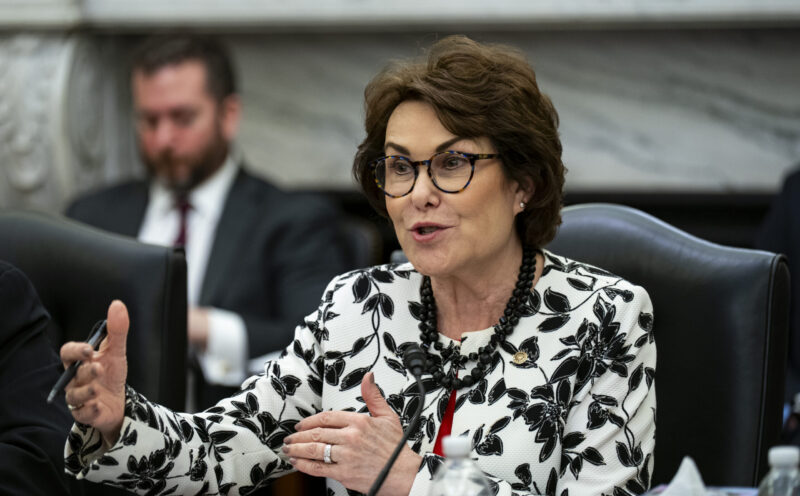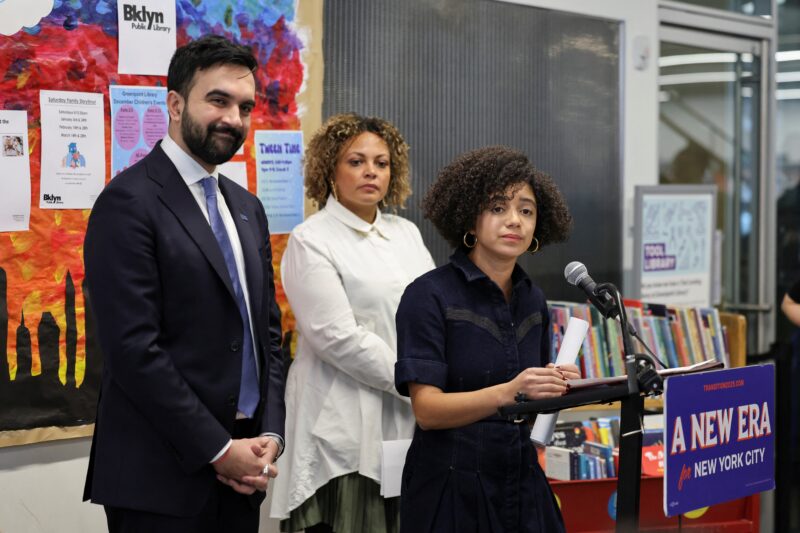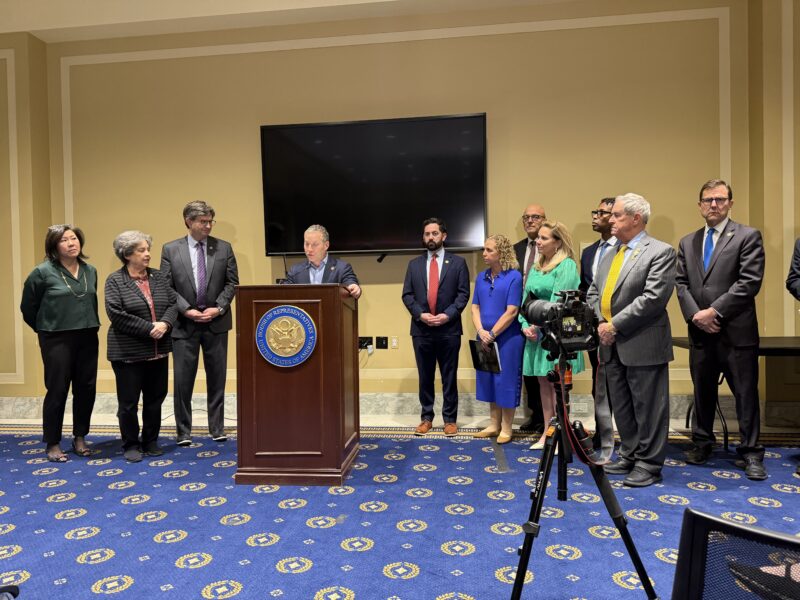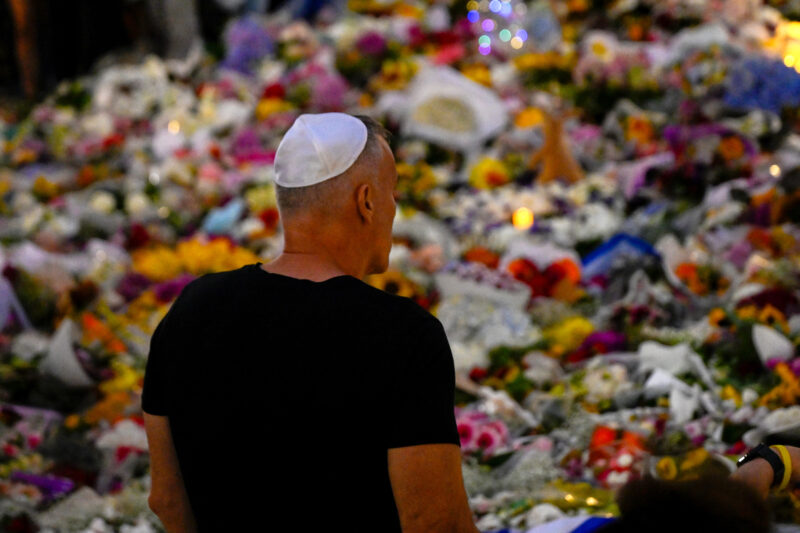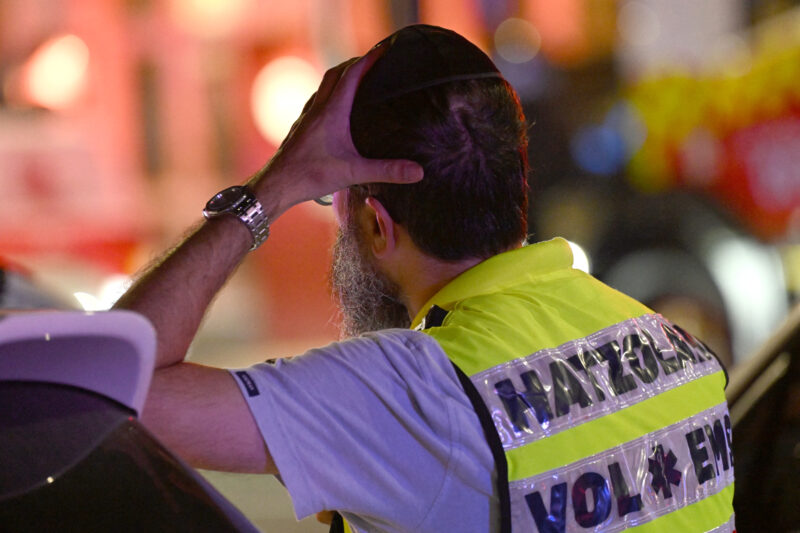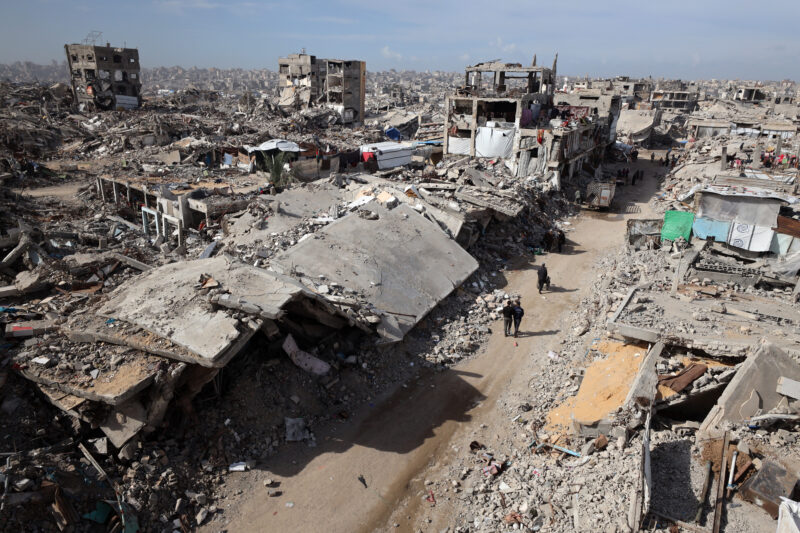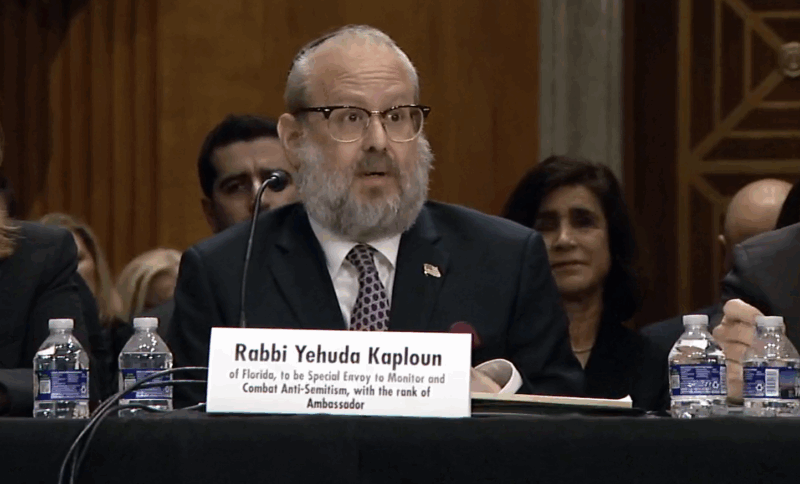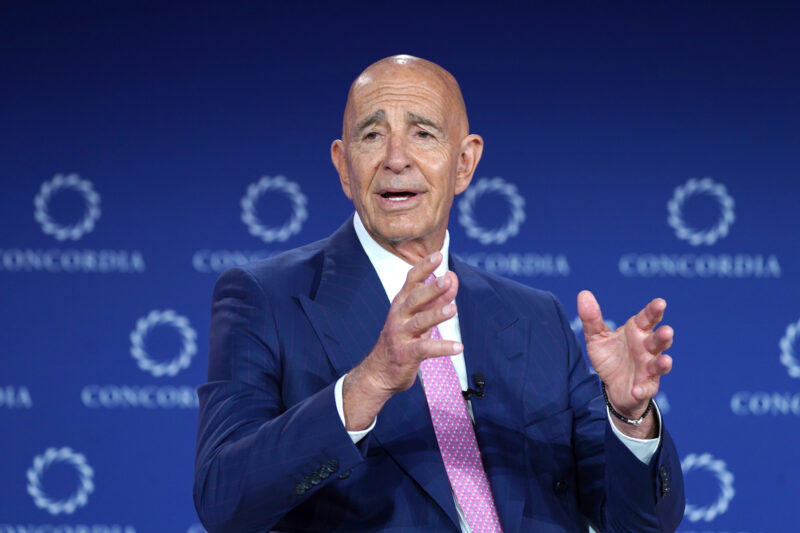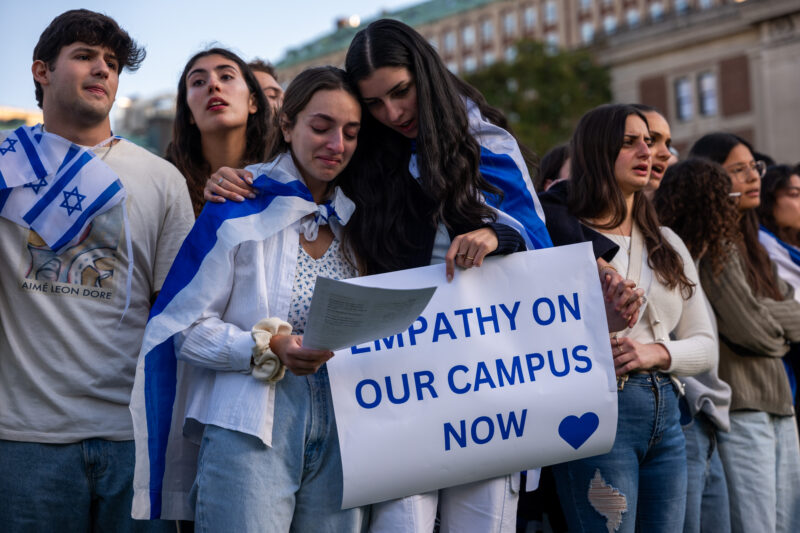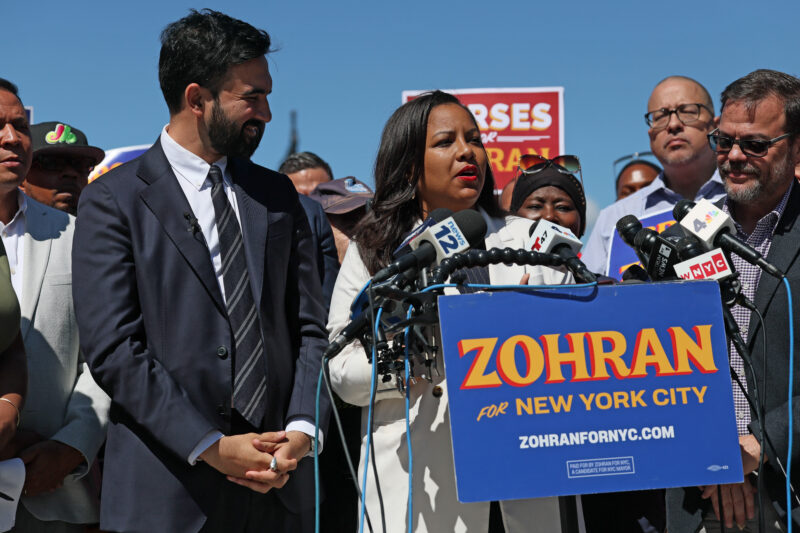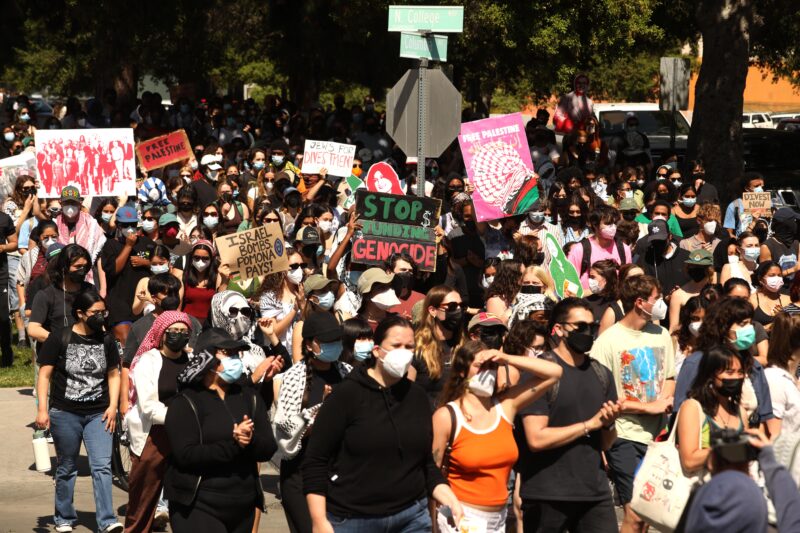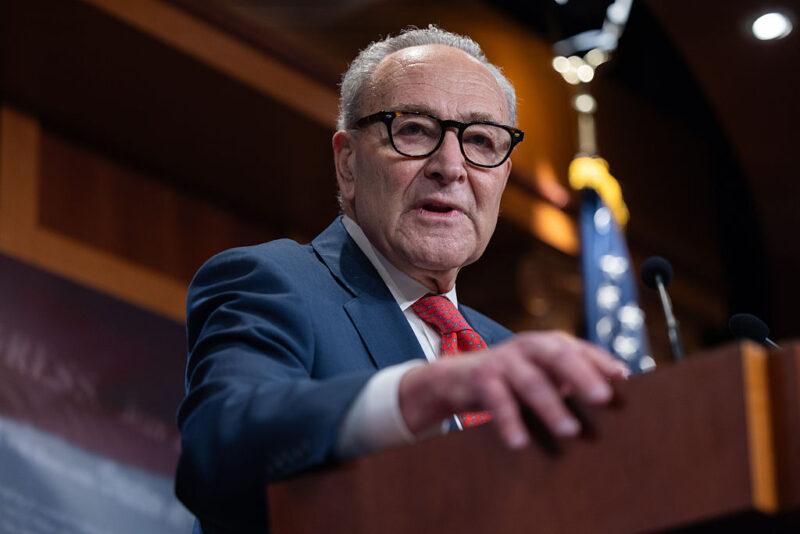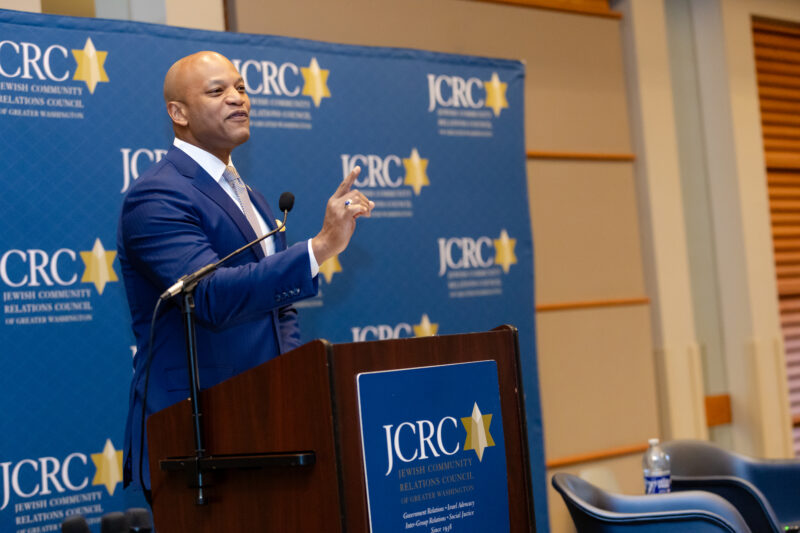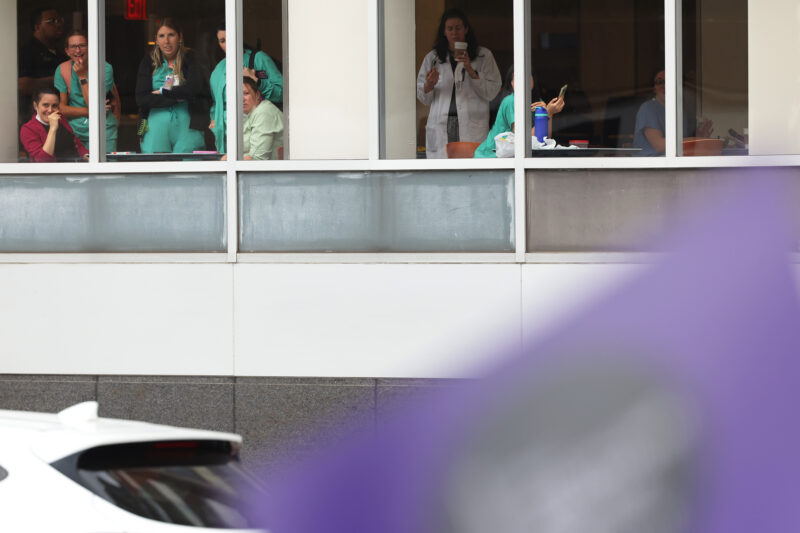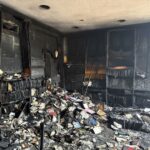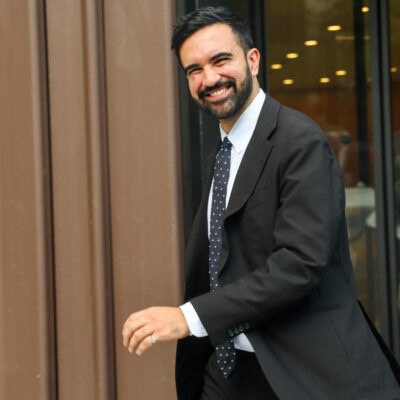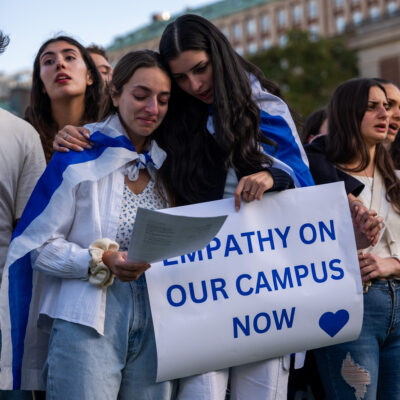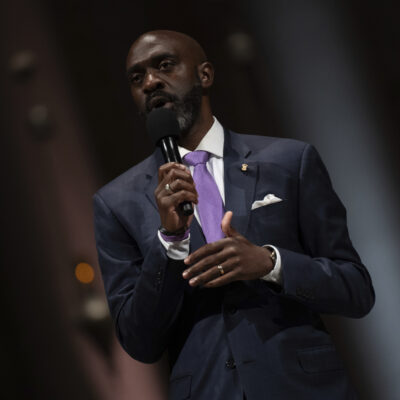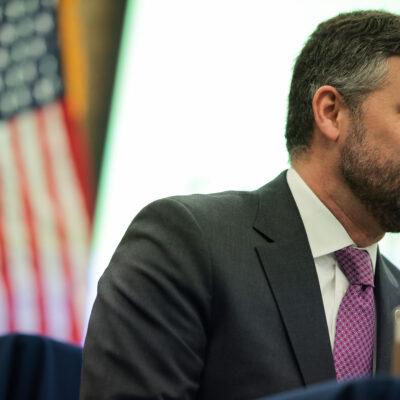California school district votes to renew ethnic studies contract with vendor accused of antisemitism
Jewish advocates said board members at the meeting expressed ‘classic antisemitic tropes’ before unanimously voting to renew

Getty Images
Students in a classroom
A yearslong debate in a California school district over ethnic studies education culminated on Wednesday night with a unanimous vote to renew a contract with a controversial consultant whose curriculum has sparked antisemitism allegations among local Jewish leaders.
The move has fueled concern by some of those leaders that the vote could potentially lay the groundwork for other school districts to follow suit.
The Pajaro Valley Unified School District Board of Trustees voted 7-0 in favor of returning to Community Responsive Education (CRE) as the vendor to provide consultation on teaching ethnic studies in the district, which is near Santa Cruz. “CRE has produced some frameworks that have [Boycott, Divestment and Sanctions movement against Israel] in the curriculum, with no balance about the Israeli-Palestinian conflict,” David Bocarsly, executive director of the Jewish Public Affairs Committee of California, told Jewish Insider.
Several local Jewish leaders pushed the district for months to secure a more inclusive ethnic studies training provider — and three of them gave public testimony at Wednesday’s board meeting.
Roz Shorenstein, a retired physician whose grandchildren are students in the district, was one of those advocates. She told JI that some of the board members used “classic antisemitic tropes” at the vote. This included an accusation that the Jewish community is not using their “privilege and power” to help underprivileged communities, according to video footage obtained by JI.
Another school board member said that they were “a little taken aback by the lack of acknowledgement of the economic power historically held by the Jewish community that the community of Black and brown people don’t have … there is that economic power that really does exist.”
Shorenstein told JI: “We’ll still be active in the field of fighting antisemitism and liberated ethnic studies. Our experience giving testimony has brought out some significant antisemitic behavior in the community.”
Marc Levine, the Anti-Defamation League’s Central Pacific regional director, echoed the sentiment that there was “raw antisemitism” on display at the board meeting.
“Most disturbing was that the rhetoric came from elected board members,” Levine said in a statement. “What does that say about their willingness to allow ethnic studies to be used as a gateway for antisemitism to seep into their classrooms?”
In 2021, California became the first state in the country to pass a law that high school students must take at least one semester of ethnic studies to graduate. The intent, according to the state’s California Ethnic Studies Model Curriculum, “is to encourage cultural understanding of the struggles of equality, equity, justice, racism, ethnicity, and bigotry that have been prevalent throughout the history of America.”
The bill, AB101, allows school districts to either adopt the state’s ethnic studies curriculum — without the need for an outside consultant — or develop their own.
That same year, the Pajaro Valley school board approved a contract with CRE, a for-profit consulting firm founded by San Francisco State University professor Allyson Tintiangco-Cubales, to offer guidelines for ethnic studies curricula at the district’s three high schools. CRE is marketed as a Liberated Ethnic Studies Model Curriculum, or simply “Liberated.”
The contract was canceled after two years due to pushback from the Jewish community, including the Simon Wiesenthal Center, which alleged the firm was promoting anti-Israel and antisemitic content in its curriculum. A push from the board to renew CRE’s contract soon followed.
Four local rabbis opposed using CRE’s curriculum in an October open letter to Pajaro Valley district leadership. “We strongly support the inclusive model of Ethnic Studies that focuses on the history of minorities and celebrates their contributions to our country. In contrast, Community Responsive Education led by its co-founder, Allyson Titiangco-Cubales, espouses a ‘Liberated Ethnic Studies’ model,” the rabbis wrote, adding that “based on CRE’s public statements and past performances, we do not believe that the CRE approach to Ethnic Studies is appropriate to train your educators.”
The rabbis voiced concern about the first draft of the California Ethnic Studies Curriculum, which Titiangco-Cubales co-authored. CRE was formed by supporters of that draft, which was rejected by Gov. Gavin Newsom “and a large number of community organizations as being offensive, biased and antisemitic,” according to the letter, which was signed by Rabbi Eli Cohen, who leads Chadesh Yameinu Jewish Renewal of Santa Cruz; Rabbi Paula Marcus, senior rabbi of Temple Beth El; Rabbi Rick Litvak, rabbi emeritus of Temple Beth El; and Rabbi Debbie Israel, community rabbi of Santa Cruz County.
CRE has bid for contracts in districts across California, including with the Fresno Unified School District, one of the largest districts in the state. At least two of those bids have been rejected. Bocarsly called the situation in Pajaro Valley “unprecedented,” especially because there was a successful effort earlier this year to oust sitting school board members who opposed CRE, he said.
Since the Oct. 7, 2023, Hamas terrorist attacks in Israel and ensuing war with Hamas, K-12 classrooms have seen a rise in the use of antisemitic materials — with several of the most serious incidents concentrated in California school districts. In February, Santa Ana Unified School District became the first in the state to cite antisemitism as its reason to stop teaching ethnic studies after settling a lawsuit that claimed course material used by the district was rooted in antisemitic rhetoric.
Pajaro Valley is a small district among the more than 900 public school districts in California. Still, Bocarsly expressed concern that the vote signals a wider problem.
“We know that there are ongoing efforts in many different ways amongst the liberated ethnic studies community to try to get their harmful content into the classrooms,” he said, adding that “we’ve got our eye on dozens of districts across the state.”
Part of that effort includes a statewide bill JPAC is currently working on that would create standards and frameworks to advise school districts what should not be taught in the classrooms to prevent harm to Jewish students, including transparency requirements in ethnic studies.
“If done right, ethnic studies can help build empathy and understanding, and that’s good for Jews,” Bocarsly said. “If done wrong, it’s quite unfortunate to see a lesson meant to alleviate bias in fact create bias against the Jewish community.”




